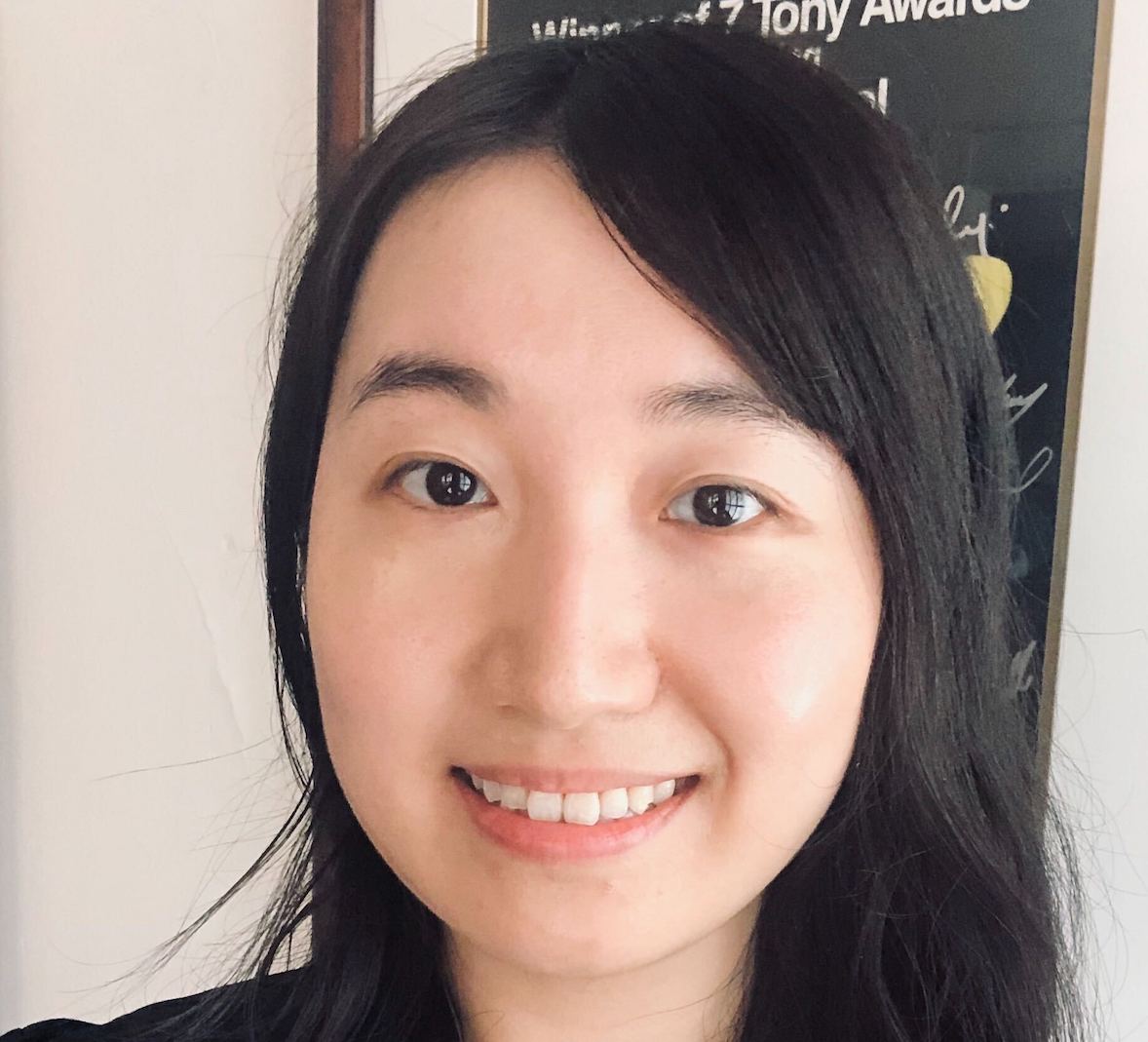Congratulations to Dr Qi Lei, winner of this year’s Oden Institute Outstanding Dissertation Award. Dr. Lei graduated with a Ph.D. in Computational Science, Engineering, and Mathematics (CSEM), from the Oden Institute in 2020.
She entered the CSEM program in Fall 2014 and was awarded a four-year National Initiative for Modeling and Simulation (NIMS) Fellowship. She now specializes in machine learning, optimization, and learning theory. “I'm interested in developing robust algorithms for various fundamental machine learning problems with both sample and computational efficiency,” she said.
Her dissertation, entitled, "Provably effective algorithms for min-max optimization", proposes different optimization algorithms for finding the equilibrium point of two-player zero-sum games (i.e., min-max optimization) under various different settings and applications. “It consists of 4 different papers that got published at the top machine learning venues - NeurIPS19, ICML17&20, and AISTATS21,” she added.
Qi worked with Dr. Inderjit Dhillon from the Center of Big Data Analytics at UT’s Department of Computer Science. Her other Ph.D. advisor is Dr. Alex Dimakis from Electrical and Computer Engineering at the Cockrell School.
“In her dissertation, Qi has studied the general form of the principle of empirical risk minimization (ERM) of supervised learning problems with a linear predictor,” said Dr. Dhillon.
“This work improves upon the long standing time complexity of this fundamental problem from O(dn) to O(d + n), where d is the number of features and n is the number of samples, when some additional conditions hold. This is a major improvement in real applications when dealing with huge data.”
Qi owes much of her success to the Oden Institute, a community she believes is uniquely special for students conducting math-related research. “We are allowed tremendous freedom in a variety of ways,” she said. “To begin with, the Oden Institute has over 80 associated faculty covering a variety of research areas. This gives students the opportunity to pursue their own specific research interests.
“I didn’t know what direction my research would take until after the first academic year of my Ph.D. During that year, I discovered new interests in machine learning through classes, attending the Oden Institute seminar series, and from talking to other senior students within the community.”
Being part of the Oden Institute’s NIMS Graduate Research Fellowship Program gave Qi the ability to study for four years was something she greatly appreciated. “This additional time gave me the chance to conduct autonomous, independent research,” she said. “This was very good experience as I believe it allowed me to get equally comfortable with both theoretical and empirical work,” she said.
Dr. Qi Lei is currently a postdoc research associate at Princeton University and plans to continue pursuing her interest in machine learning. “I hope to theoretically understand different aspects of machine learning algorithms from both a statistical and optimization perspective. With this fundamental understanding, we will be able to design low-budgeted machine learning algorithms that require low costs on human annotation and computational resources.”
